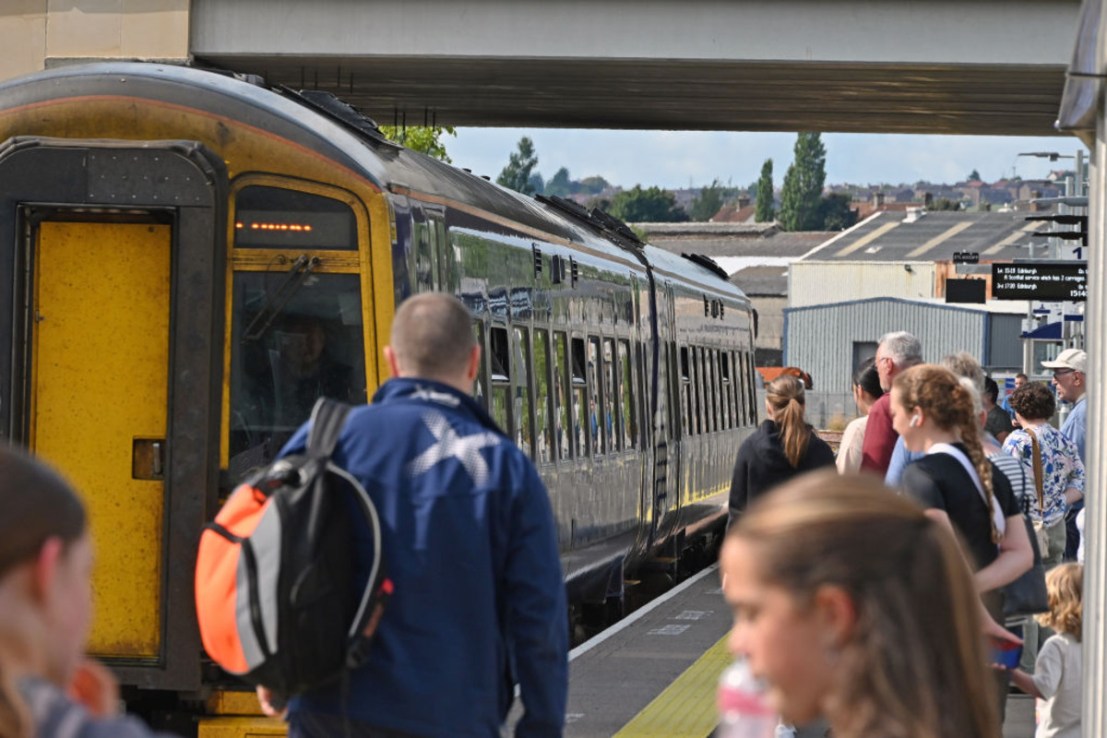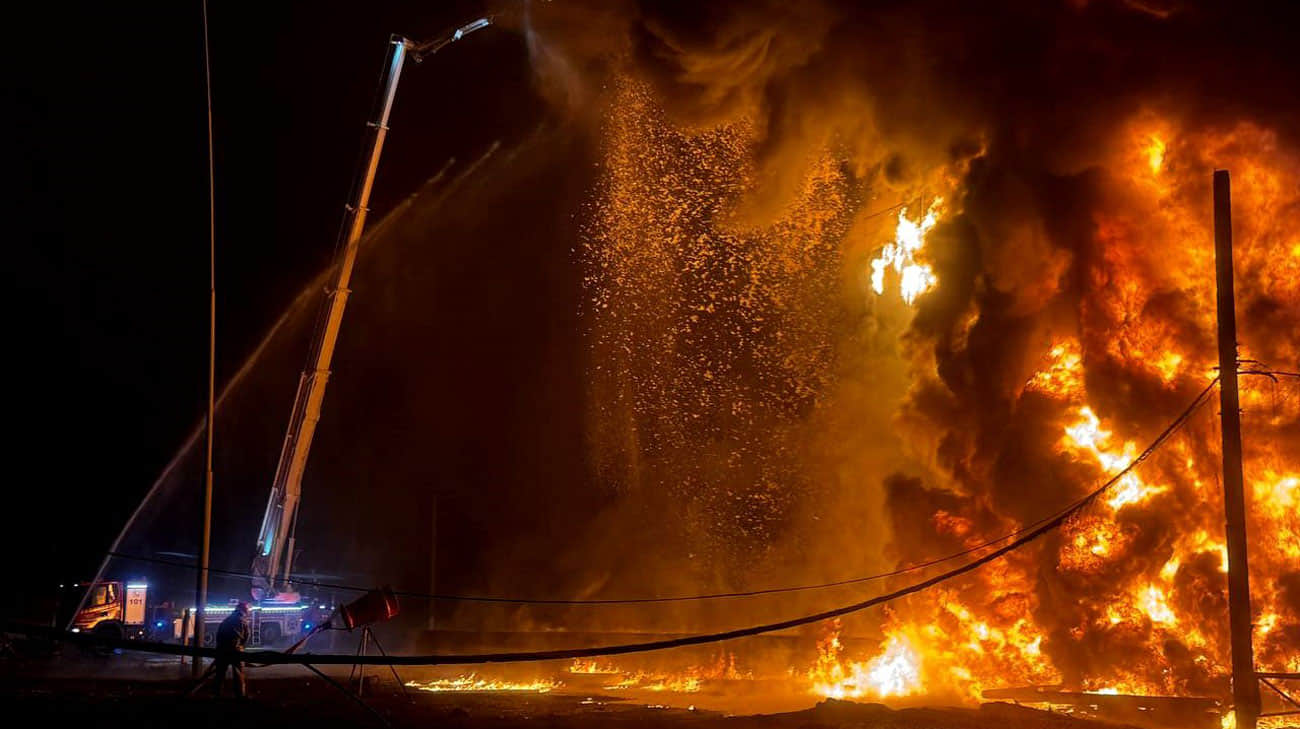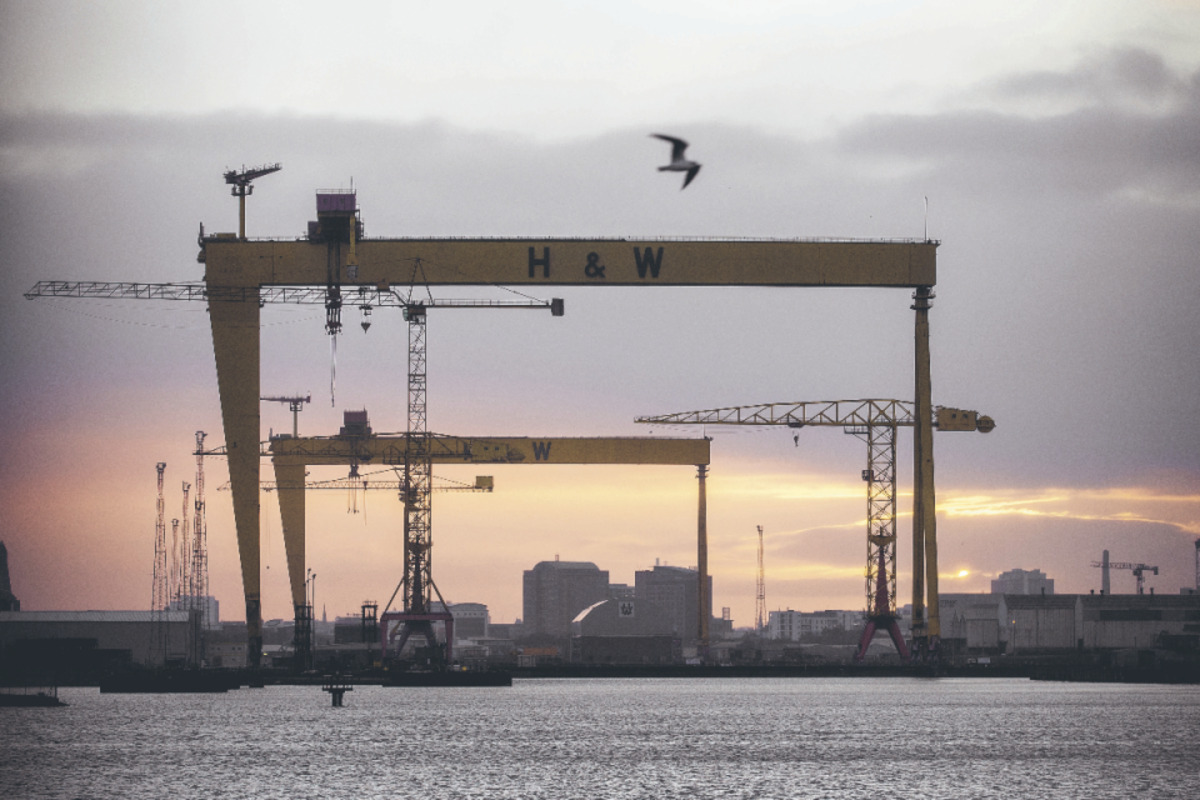New rail line connecting Midlands and North West set to deliver £70bn economic boost
“Doing nothing is not an option”—this was the message today as a consortium of business leaders and politicians unveiled ambitious plans for a new rail line connecting the Midlands to the North West. The proposed rail link, set to connect Lichfield in Staffordshire to High Legh in Cheshire, could add an estimated £70bn to local [...]


“Doing nothing is not an option”—this was the message today as a consortium of business leaders and politicians unveiled ambitious plans for a new rail line connecting the Midlands to the North West.
The proposed rail link, set to connect Lichfield in Staffordshire to High Legh in Cheshire, could add an estimated £70bn to local economies, filling the gap left by the cancellation of HS2’s Phase 2.
The project is not just about regional growth. A report accompanying the proposals suggests the scheme could also deliver up to £24bn a year in tax revenue, providing a significant boost to the Exchequer.
The scheme, backed by industry heavyweightsincluding Arcadis and Skanska, is designed to ease transport capacity issues in both passenger and freight rail, promising to revitalise a key infrastructure corridor for the UK.
Richard Parker, Mayor of the West Midlands, said: “Additional rail capacity to and from the North is vital for the West Midlands. It’s about more than quicker journeys; it’s about connecting people, communities, and businesses to jobs and opportunities.”
“I’ll work with the government to ensure this happens, but we must also learn from successful rail systems around the world to deliver the best network and real value to the public.
“Without this extension, we will continue to be reliant on the West Coast mainline, which is already maxed out and impacting on the people of this region and wider. We need to free up capacity and we need to get this right – for our future and our economy.”
The rail network in the Midlands and North of England has been plagued by persistent problems for decades, which are frequently blamed for regional economic underperformance and frustration with connectivity.
‘Doing nothing is not an option’
In their report outlining proposals for the new train line, business leaders urged the government to form a steering group that would bring together the private sector, local authorities, and central government.
It suggests that this group would oversee a six-month feasibility study for a proposed rail link between the Midlands and the North West, focused on attracting private investment, improving financial and economic planning, and developing technical solutions.
The proposal also calls on the government to keep control of land along the former HS2 Phase 2A route and retain planning powers to prevent any delays in moving the new link forward.
Andy Burham, Mayor of Greater Manchester, said: “If we fail to put in place a plan soon to fix rail capacity and connectivity between the North and the Midlands, the already-congested West Coast Main Line and M6 will become major barriers to economic growth in the UK.
“But there is good news for the government. Our report concludes that we do not have to revive HS2 to unlock those benefits.
“There is a viable option to build a new rail line between Lichfield and High Legh, connecting HS2 to Northern Powerhouse Rail, with almost all of the benefits of HS2 delivered quickly and crucially at a significantly lower cost.
“Doing nothing is not an option as demand for rail services on the West Coast Main Line is set to exceed capacity within a decade.
“We are ready to work with government, colleagues in the West Midlands and the business community to build a railway fit for the 21st century. But we do need early decisions to end the uncertainty.”
A Department for Transport spokesperson said: “Transport is an essential part of our mission to rebuild Britain, and we are absolutely committed to improving rail connectivity across the North and working with devolved leaders, as set out in the Government’s manifesto.
“We are currently reviewing the position we have inherited on HS2 and will set out next steps in due course.”



